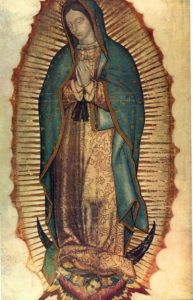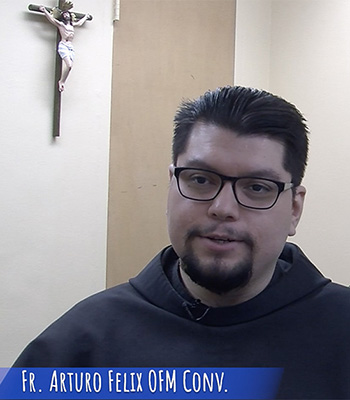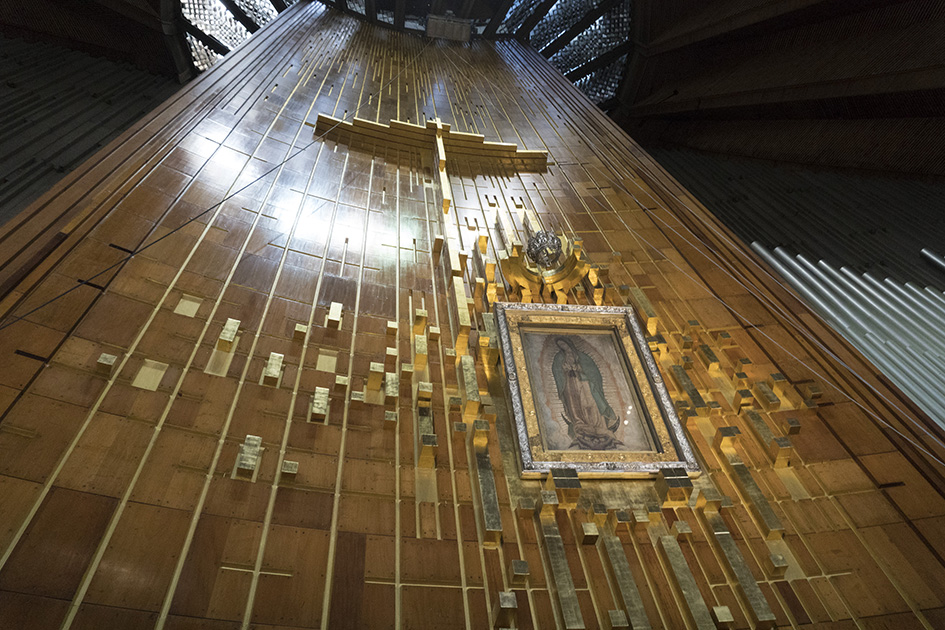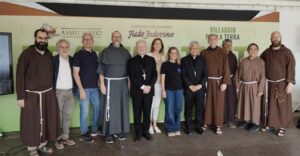Anyone familiar with Saint Francis knows of his love for creation. This love and respect was not for creation’s own sake; rather, creation is a reflection of God’s eternal and plentiful love for all humanity. The apparition of Our Lady of Guadalupe shows us the profound Franciscan understanding of creation and its purpose.
The apparition of Our Lady of Guadalupe, along with its image, is one of the central characteristics of Mexican Catholicism. This apparition is unique in that it is the only apparition of the Blessed Mother associated with a text. This text, named the Nican Mopohua, is a serious attempt to recount the events of the apparition to Juan Diego. Interestingly enough, this text was written in the native language of the Nahuatl people.

Our Lady of Guadalupe, through this apparition, becomes the bridge of these two cultural worlds, and she helps each of these cultures to understand the true meaning of God’s revelatory plan of salvation. She aids in God’s plan to unite all people into the Sonship of Christ, her Son; she is the bearer of Good News (Gospel) to both the Nahuatl and Franciscan missionaries.
(In part two: This apparition of our Lady gave the Catholicism of that time a deeper understanding of the human person…)
– friar Arturo Felix OFM Conv.




